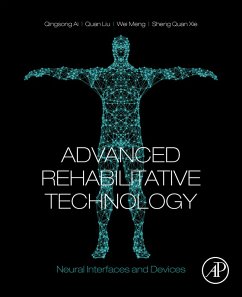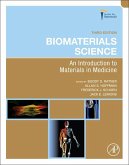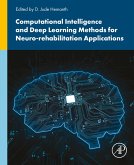Advanced Rehabilitative Technology: Neural Interfaces and Devices teaches readers how to acquire and process bio-signals using biosensors and acquisition devices, how to identify the human movement intention and decode the brain signal, how to design physiological and musculoskeletal models and establish the neural interfaces, and how to develop neural devices and control them efficiently using biological signals. The book takes a multidisciplinary theme between the engineering and medical field, including sections on neuromuscular/brain signal processing, human motion and intention recognition, biomechanics modelling and interfaces, and neural devices and control for rehabilitation.
Each chapter goes through a detailed description of the bio-mechatronic systems used and then presents implementation and testing tactics. In addition, it details new neural interfaces and devices, some of which have never been published before in any journals or conferences. With this book, readers will quickly get up-to-speed on the most recent and future advancements in bio-mechatronics engineering for applications in rehabilitation.
Each chapter goes through a detailed description of the bio-mechatronic systems used and then presents implementation and testing tactics. In addition, it details new neural interfaces and devices, some of which have never been published before in any journals or conferences. With this book, readers will quickly get up-to-speed on the most recent and future advancements in bio-mechatronics engineering for applications in rehabilitation.
- Presents insights into emerging technologies and developments that are currently used or on the horizon in biological systems and mechatronics for rehabilitative purposes
- Gives a comprehensive background of biological interfaces and details of new advances in the field
- Addresses the challenges of rehabilitative applications in areas of bio-signal processing, bio-modelling, neural and muscular interface, and neural devices.
- Provides substantial background materials and relevant case studies for each subject
Dieser Download kann aus rechtlichen Gründen nur mit Rechnungsadresse in A, B, BG, CY, CZ, D, DK, EW, E, FIN, F, GR, HR, H, IRL, I, LT, L, LR, M, NL, PL, P, R, S, SLO, SK ausgeliefert werden.









